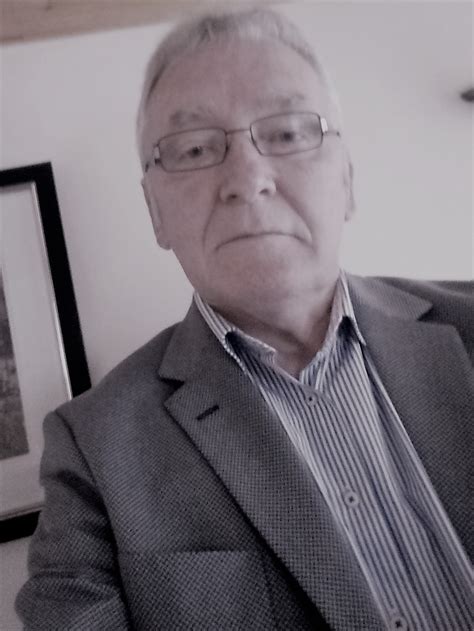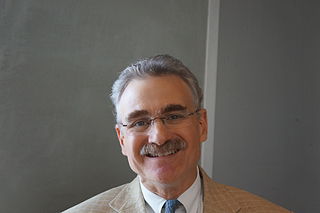A Quote by Margaret J. Wheatley
For example, I was discussing the use of email and how impersonal it can be, how people will now email someone across the room rather than go and talk to them. But I don't think this is laziness, I think it is a conscious decision people are making to save time.
Related Quotes
There's always something in new technology that promotes anxiety on the one hand, but also grieving on the other. With the internet, I think we can remember a time when people said "I don't use email," or "I'm not going to get email." I once had to do a piece on people who had never used the internet and refused to start and I found three people. But when I talked to them, they had used it, at some point or another. It's almost impossible to stay off the internet entirely. We feel as though we didn't get to make a decision. There's this new dawn and we all have to embrace it.
If I target for example an email address, for example under FAA 702, and that email address sent something to you, Joe America, the analyst gets it. All of it. IPs, raw data, content, headers, attachments, everything. And it gets saved for a very long time - and can be extended further with waivers rather than warrants.
If someone is interested in working with me, I would much rather them email me and we sit down or get on the phone, than them look at a client list and decide if I'm worth it or not. It should be based on work, and based on how we get along. As opposed to like, "Oh, he's worked with this, this, and this. Let's go. That's fine."
Email is the lowest common denominator. It's the way you get communications from one person to another. There isn't really an alternative. Sometimes people will have Facebook messenger turned on, but 99 percent of the time, if you're sending a message to a human you don't know well, you're using email.
Filmmaking materials are in the hands of more people now than ever before. I would like to think that the more people have these tools, the more people will learn how to use them, it's another argument I would argue for, personally, for art's education. Because there are kids who aren't that literate in screen language and they've got to know how people select shots, how people edit audio, how people combine things to make what they see on the screen. It would be like the 15th century or the 16th century in Germany, and somebody amends a printing press and you don't know how to read and write.





































